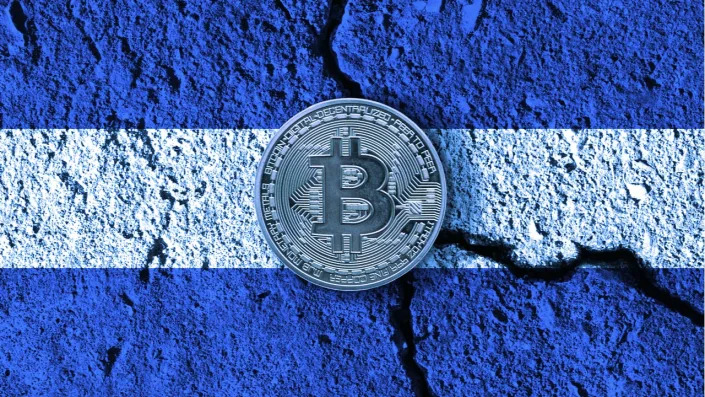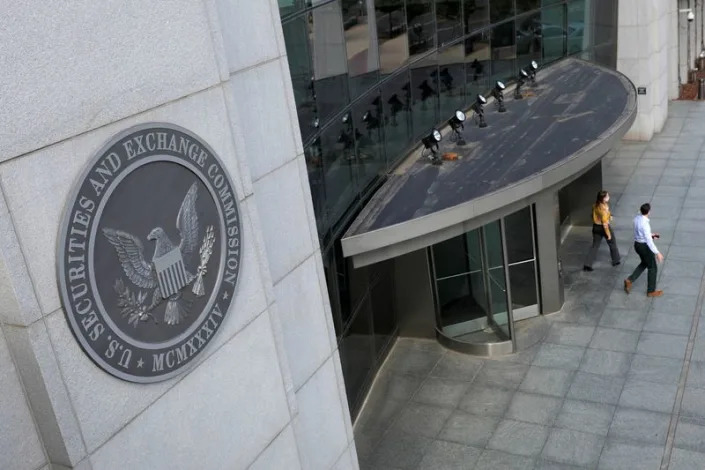WATCH THEM BLOW UP
El Salvador Passes Key Bitcoin Legislation, Making Way for 'Volcano Bonds'
Andrew Asmakov
Thu, January 12, 2023
El Salvador approved a digital assets law aimed at creating legal protection for transfers or issuances of debt with cryptocurrencies.
The bill also provides the legal framework for Bitcoin-backed bonds, also known as the “Volcano Bonds,” that the Latin American nation wants to use to pay sovereign debt and fund the construction of the proposed Bitcoin City.
The bill was passed with 62 votes for and 16 against and is set to become law after it is ratified by president Nayib Bukele.
Bukele took to Twitter shortly afterward to praise the move, saying “El Salvador’s Legislative Assembly has just approved, by an overwhelming majority, the new Digital Securities Law! Forward, always forward…”
First announced at the end of November last year, the new bill will enable El Salvador to “offer unprecedented consumer protection from bad actors in the 'crypto' space while also firmly establishing that we are open for business to all those who wish to build the future with us on bitcoin,” according to the statement by the National Bitcoin Office (ONBTC) of El Salvador under president Bukele.
The bill separates cryptocurrencies from all other assets and financial products, including central bank digital currencies (CBDCs)—the digital versions of fiat currencies regulated according to each country's financial guidelines.
Importantly, it also separates Bitcoin from the rest of the crypto market, identifying them as digital securities.
The new legislation also creates the National Digital Assets Commission, a regulating agency in charge of applying the securities law and protecting the rights of digital asset purchasers as well as issuers in El Salvador, and deterring fraudsters from operating in the country.
El Salvador became the first country in the world to make Bitcoin legal tender in 2021, with the move praised by many in the Bitcoin community but criticized by the World Bank, the IMF, and global credit rating agencies. Citizens have also protested against the Bitcoin law on several occasions.
The country is also known for its purchases of Bitcoin, with president Bukele announcing last November that his government would buy one Bitcoin per day, without specifying for how long though.
Crypto Paradise? El Salvador Preps New Law To Pave Way for All Crypto
El Salvador’s Bitcoin 'volcano' bonds
El Salvador’s Bitcoin bonds project was tabled by president Bukele in November 2021 and would see the Latin American nation issue $1 billion in bonds on Blockstream's Liquid Network, a federated Bitcoin sidechain.
The idea is to invest half of the money into Bitcoin and to use the other half for the infrastructure necessary to build out a Bitcoin City—a tax-free enclave for Bitcoin advocates in the east of the country powered by geothermal energy from nearby volcanoes.
Volcano-Powered ‘Bitcoin City’ Coming to El Salvador, Says President Bukele
Under the government’s initial proposal, these Volcano bonds would be denominated in U.S. dollars and pay 6.5% annually for 10 years with a five-year lock-up period, while also fast tracking investors to land citizenship in the country.
The project was initially expected to be launched in March last year but was repeatedly postponed amid the crashing markets.
Now, with the new bill passed, El Salvador comes within a touching distance from finally kickstarting the project, with ONBTC saying the issuance of the Volcano bonds “will soon begin.”













